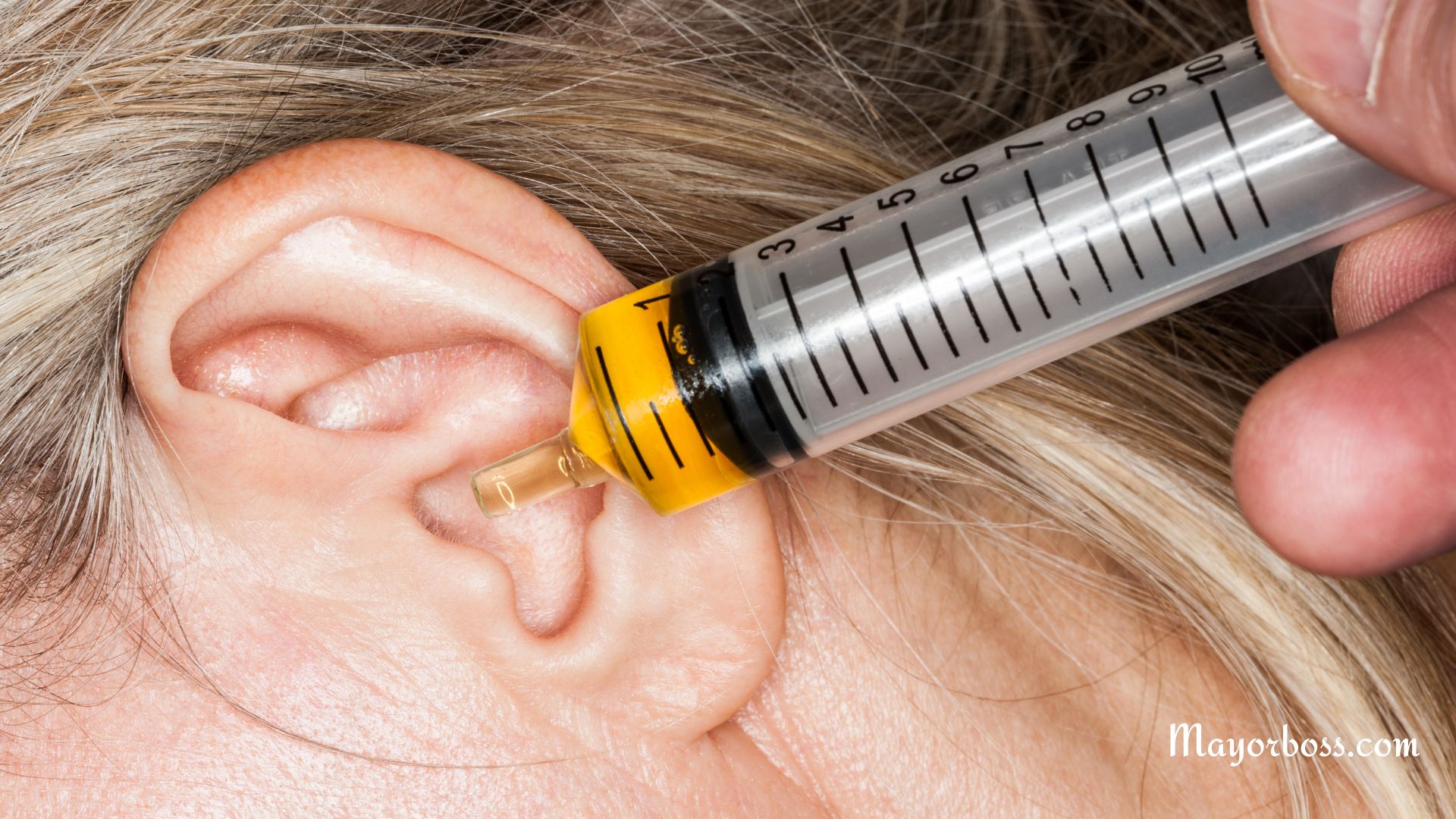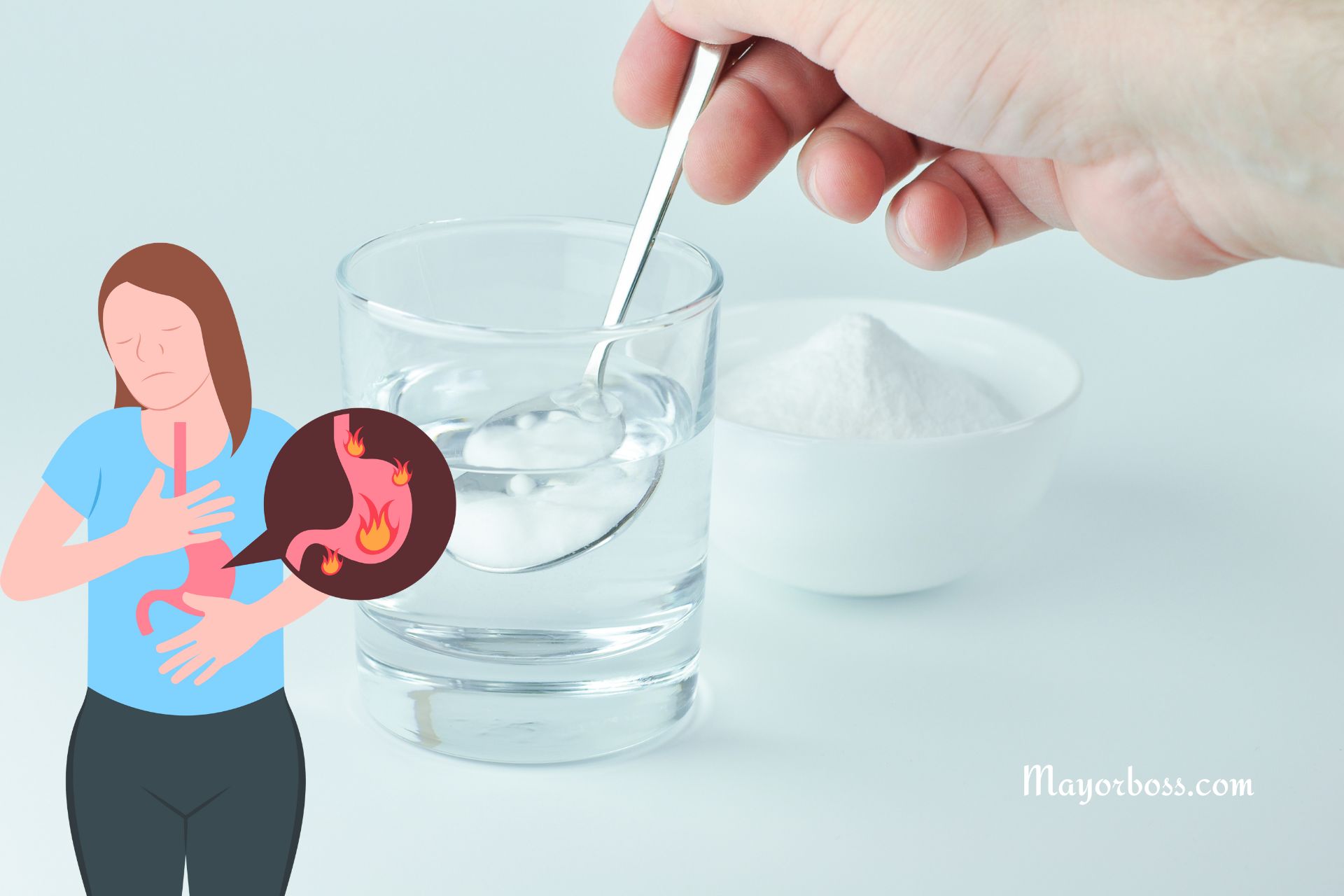Foods to Avoid When You’re Feeling Stressed
When stress hits, it’s easy to reach for comfort foods that make you feel better in the moment, but some of these choices can actually worsen your stress levels. The food you eat has a direct impact on how you feel, both mentally and physically, so knowing which foods to avoid can help you manage stress more effectively. Let’s look at some of the key foods you should steer clear of when you’re feeling stressed.

Sugary Snacks Can Increase Stress and Anxiety
It might be tempting to grab a donut, candy, or a sugary soda when stress levels are high, but sugar can actually make things worse. Scientists have shown that foods high in refined sugar cause your blood sugar to spike, providing you with a quick burst of energy. However, this is often followed by a sharp crash, which can leave you feeling tired, irritable, and more stressed than before. Additionally, high sugar intake has been linked to increased anxiety and mood swings.
Processed Foods Can Worsen Stress and Fatigue
Processed foods like frozen meals, fast food, and packaged snacks are typically loaded with sodium, unhealthy fats, and preservatives. These types of foods can drain your energy and make you feel sluggish. The lack of nutrients in processed foods doesn’t support your body in managing stress, and over time, eating these foods can increase feelings of fatigue and frustration.
Caffeine Can Heighten Anxiety and Cause Jitters
Caffeine is found in coffee, tea, energy drinks, and certain sodas, and while it may seem like a good idea to use caffeine to power through stressful situations, too much caffeine can have the opposite effect.
According to Sergi Ferré, Ph.D., M.D., National Institute on Drug Abuse, caffeine stimulates your central nervous system, which can potentially lead to increased anxiety, jitteriness, and a faster heart rate. If you’re already stressed, excessive caffeine can worsen feelings of nervousness and even disrupt your sleep, making it harder to recover from stress.
Alcohol May Temporarily Relieve Stress But Ultimately Makes It Worse
While some people turn to alcohol to unwind, it’s important to know that alcohol is a depressant that can negatively affect your mood and stress levels. Drinking alcohol may offer temporary relief, but it actually interferes with your brain’s ability to manage stress and regulate emotions. Over time, alcohol can worsen anxiety, disrupt sleep, and leave you feeling more stressed once the effects wear off.
Fried and Greasy Foods Can Lead to Fatigue and Low Energy
Fried and greasy foods, such as french fries, fried chicken, and burgers, are high in unhealthy fats that are hard for your body to digest. These foods can leave you feeling sluggish and low on energy, which makes dealing with stress even more difficult. Additionally, eating too much saturated and trans fat can increase your risk for inflammation and worsen stress-related health issues.
Salty Foods Can Raise Blood Pressure and Stress Levels
Eating too much salt can lead to high blood pressure, which is directly linked to increased stress. When you consume too much salt, your body retains water, leading to bloating and discomfort, which can contribute to irritability. Many processed and fast foods are loaded with hidden sodium, so it’s best to avoid them when you’re feeling stressed.
Artificial Sweeteners Can Mess with Your Mood and Stress Levels
While you might think artificial sweeteners like aspartame or sucralose are better than sugar, they can still have negative effects on your mood. Some studies suggest that artificial sweeteners may affect the brain’s production of dopamine, a chemical that helps regulate mood. Disrupting this balance can increase feelings of stress and anxiety, so it’s best to avoid them when you’re already feeling overwhelmed.
Refined Carbohydrates Can Cause Energy Crashes and Agitation
Refined carbohydrates, such as white bread, pastries, and pasta, are stripped of most of their nutrients, leaving behind mostly simple sugars. These foods can cause quick spikes and crashes in blood sugar levels, similar to sugary snacks. The result is a short-lived energy boost followed by a period of low energy, irritability, and increased stress.
Spicy Foods May Aggravate Stress for Some People
Spicy foods like hot peppers, spicy sauces, or salsas can trigger digestive issues in some people, especially during stressful times. When you’re stressed, your body produces more stomach acid, and spicy foods can further irritate your digestive system, leading to acid reflux or indigestion. This discomfort can make stress feel even worse and harder to manage.
Fast Food Can Worsen Stress and Cause Mood Swings
Fast food is often high in unhealthy fats, sugar, salt, and refined carbs. These ingredients don’t provide the nutrients your body needs to handle stress effectively. Consuming fast food regularly has been linked to mood swings, increased risk of depression, and reduced ability to focus—all of which can worsen stress.
Highly Processed Meat Products Can Contribute to Stress
Highly processed meats, such as bacon, sausages, and hot dogs, are typically loaded with preservatives, sodium, and unhealthy fats. These types of meats can lead to inflammation and poor circulation, both of which can increase feelings of stress and fatigue. Additionally, they offer little nutritional value, making it harder for your body to function optimally during stressful periods.
Energy Drinks Can Cause a Stress-Induced Energy Crash
While energy drinks may seem like a quick solution to boost your energy when stressed, they usually have high amounts of caffeine, sugar, and artificial additives. These drinks can cause your energy to spike rapidly, only to crash later, leaving you feeling even more tired and stressed. The high caffeine content can also increase heart palpitations and anxiety.
High-Fat Dairy Products Can Lead to Stress-Related Discomfort
Foods like whole milk, cream, and high-fat cheeses can be hard for some people to digest, especially during times of stress. High-fat dairy products may cause bloating, discomfort, and indigestion, which can worsen stress. Opt for lighter dairy alternatives, like low-fat milk or plant-based milk, if you’re feeling stressed and need something easier on your digestive system.
Chocolate with High Sugar Content Can Increase Stress
While dark chocolate, in moderation, can have stress-relieving benefits due to its antioxidants, milk chocolate or chocolate with high sugar content can cause a rapid spike in blood sugar followed by an energy crash. This can lead to mood swings and irritability, making your stress levels even harder to manage.
Highly Addictive Junk Food Can Increase Stress Hormones
Junk food, like potato chips, candy bars, and sugary cereals, is designed to be highly addictive due to its combination of sugar, salt, and fat. Consuming these foods can trigger the release of stress hormones like cortisol, making you feel more anxious or stressed. These foods also provide little to no nutritional value, leaving your body unable to handle stress effectively.






